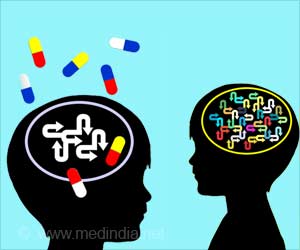Certain subgroups of children with ADHD should be treated promptly with behavioral interventions to prevent them from deteriorating.

‘Children with more severe ADHD and from single-parent families should be given priority in providing behavioral interventions.’





It is important to understand which children (or families) respond better or worse to behavioral treatments to identify target groups for intervention more accurately.To better determine which children can benefit more from behavioral treatments, a large database with a high number of participants is required.
A team of 33 researchers from around the world used a database developed under the Psychosocial ADHD INTerventions (PAINT) collaboration to study the effectiveness of behavioral treatment to be used.
Then, researchers reviewed the effects of behavioral treatment on more than 2,200 children with ADHD below the age of 18 included in 21 randomized controlled trials.
They also analyzed the effect on the children’s symptoms of ADHD, behavioral problems, and global impairment children experience in their daily lives.
Advertisement
In addition, the researchers identified subgroups that respond differently to behavioral interventions. Children with conduct disorder symptoms accompanying their ADHD deteriorate without treatment. This is also true for children with more severe ADHD and children from single-parent families.
Advertisement
Source-Medindia















